US Supreme Court agrees to end Google and Oracle's ten-year copyright battle
Ruling likely to have profound implications for future of software development
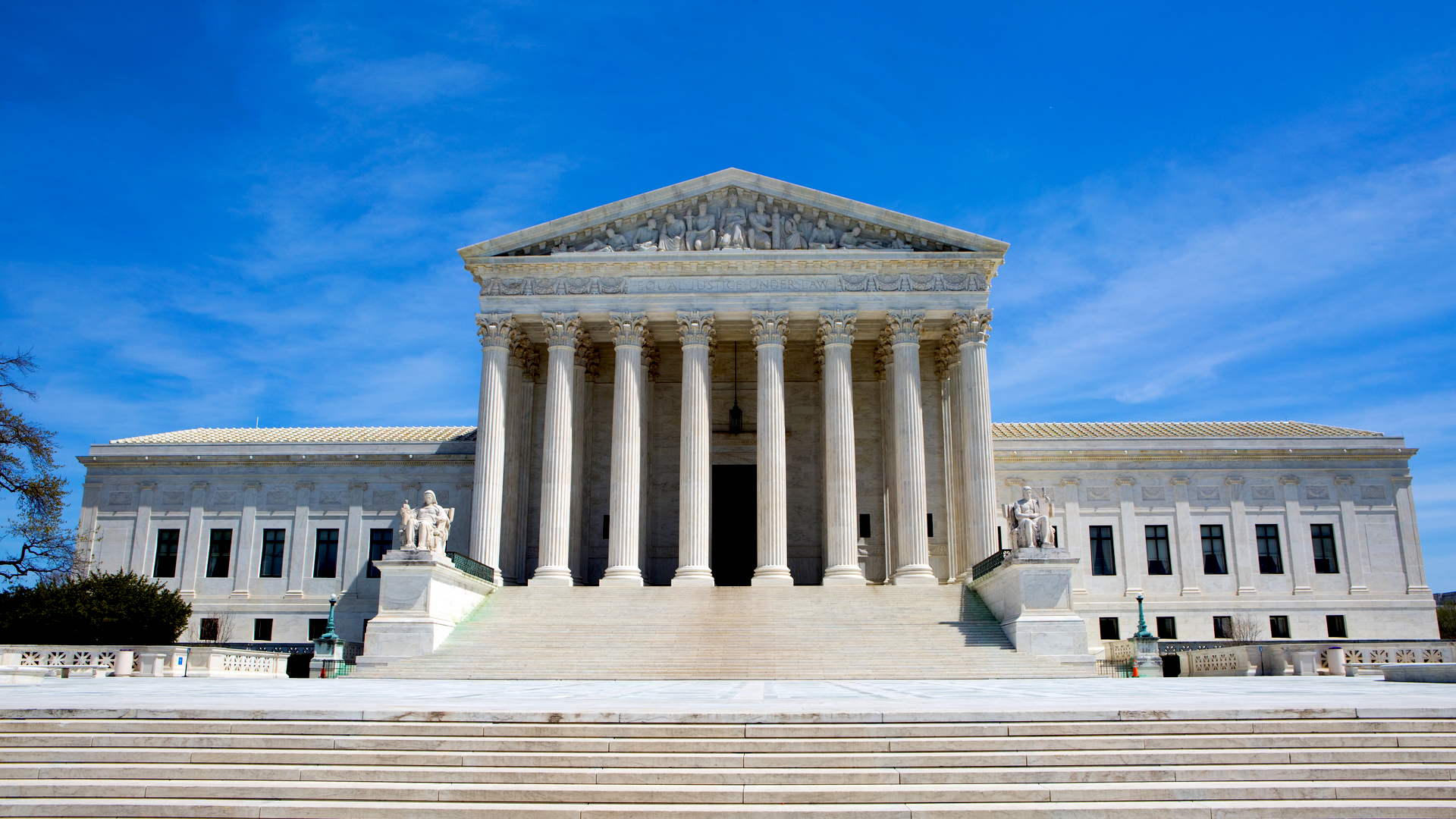

The US Supreme Court has agreed to hear a copyright lawsuit that has spanned nearly a decade between tech giants Google and Oracle.
The case was originally brought to Google following Oracle's 2010 acquisition of Sun Microsystems, the company responsible for developing the Java language. Oracle alleged that Google stole code from the Java language to build its Android platform, a claim Google has repeatedly denied.
What followed was a series of court hearings and resulting appeals, and although a number of lower courts sided with Google in the case, Oracle has successfully challenged these rulings in superior courts.
The case's most recent ruling came in March 2018 when the Federal Court sided with Oracle's copyright claim, resulting in Google being hit with a $9 billion (£7 billion) damages bill.
The bill hasn't yet been paid as Google petitioned the US Supreme Court in January 2019, asking it to overturn "a devastating one-two punch at the software industry".
No date has been set by the Supreme Court but a one-hour window has been allotted to hear the companies' arguments. Being the US' highest court, the ruling is likely to be the last word on the lengthy case which could have lasting effects on the software development industry – that is, whether application programming interface (API) packages can be copyrighted.
Permitting these vital components of software interoperation to be copyrighted could potentially stifle the software industry, making it difficult for new apps to work with other apps and software platforms.
Get the ITPro daily newsletter
Sign up today and you will receive a free copy of our Future Focus 2025 report - the leading guidance on AI, cybersecurity and other IT challenges as per 700+ senior executives
"We are confident the Supreme Court will preserve long-established copyright protections for original software and reject Google's continuing efforts to avoid responsibility for copying Oracle's innovations," said an Oracle spokesperson to IT Pro.
"We believe the Court will reject any reasoning that permits copying verbatim vast amounts of software code, used for the same purpose and same way as the original," the company added. "That is not "transformative," and certainly not fair use. We look forward to presenting our arguments, which have been embraced by the Solicitor General and the Federal Circuit."
The Supreme Court previously refused to hear the case following a 2014 Federal Circuit ruling but agreed this time around following support from the likes of Microsoft and Mozilla. The Electronic Frontier Foundation (EFF) has also sided with Google, calling the case a "mess".
"We welcome the Supreme Court's decision to review the case and we hope that the Court reaffirms the importance of software interoperability in American competitiveness," said Kent Walker, Google's SVP of Global Affairs, speaking to IT Pro. "Developers should be able to create applications across platforms and not be locked into one company's software."
IT Pro has contacted Oracle for a statement but did not receive a reply by the time of publication.

Connor Jones has been at the forefront of global cyber security news coverage for the past few years, breaking developments on major stories such as LockBit’s ransomware attack on Royal Mail International, and many others. He has also made sporadic appearances on the ITPro Podcast discussing topics from home desk setups all the way to hacking systems using prosthetic limbs. He has a master’s degree in Magazine Journalism from the University of Sheffield, and has previously written for the likes of Red Bull Esports and UNILAD tech during his career that started in 2015.
-
 Should AI PCs be part of your next hardware refresh?
Should AI PCs be part of your next hardware refresh?AI PCs are fast becoming a business staple and a surefire way to future-proof your business
By Bobby Hellard
-
 Westcon-Comstor and Vectra AI launch brace of new channel initiatives
Westcon-Comstor and Vectra AI launch brace of new channel initiativesNews Westcon-Comstor and Vectra AI have announced the launch of two new channel growth initiatives focused on the managed security service provider (MSSP) space and AWS Marketplace.
By Daniel Todd
-
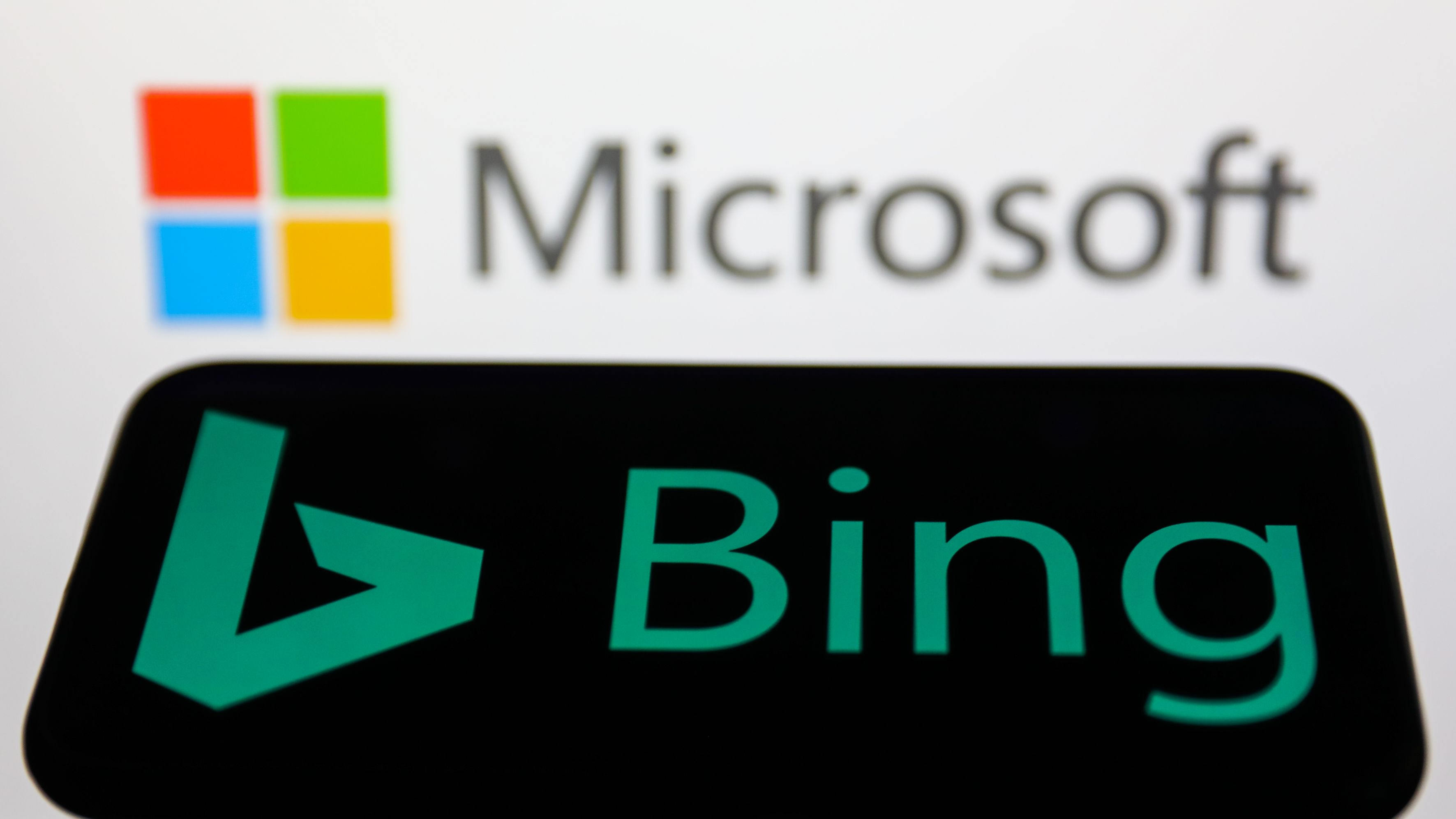 Microsoft hikes Bing Search API prices to “reflect technology investments”
Microsoft hikes Bing Search API prices to “reflect technology investments”News Microsoft cited recent high-profile investments in Bing as justification for the price increases
By Ross Kelly
-
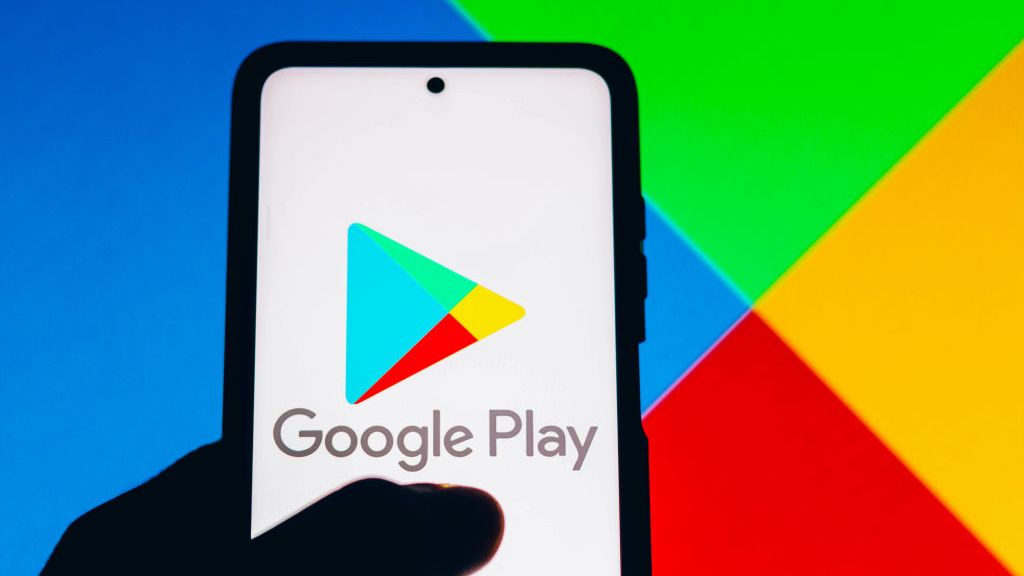 Google Play to trial alternative billing system in 'app store first'
Google Play to trial alternative billing system in 'app store first'News Trial follows new law in South Korea preventing big app operators from forcing developers to use their platform’s payment systems
By Zach Marzouk
-
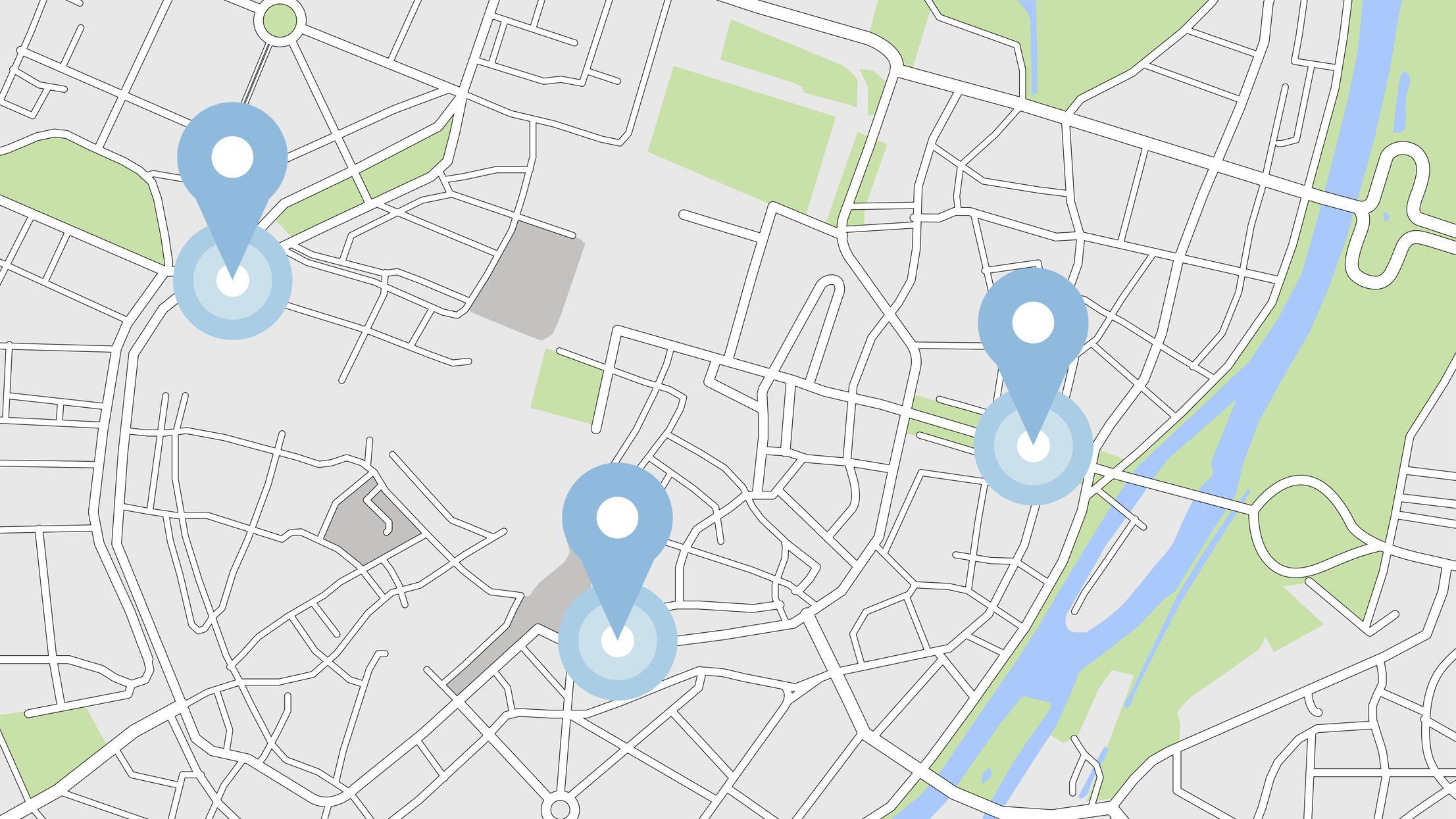 Google launches fleet management solutions for last-mile deliveries
Google launches fleet management solutions for last-mile deliveriesNews The tech giant’s new logistics tools allow for end-to-end optimization of the delivery process
By Praharsha Anand
-
 Nikulipe: Has COVID democratised online payments?
Nikulipe: Has COVID democratised online payments?Case Studies With more customers forced to buy online, are merchants offering the right ways to pay?
By Elliot Mulley-Goodbarne
-
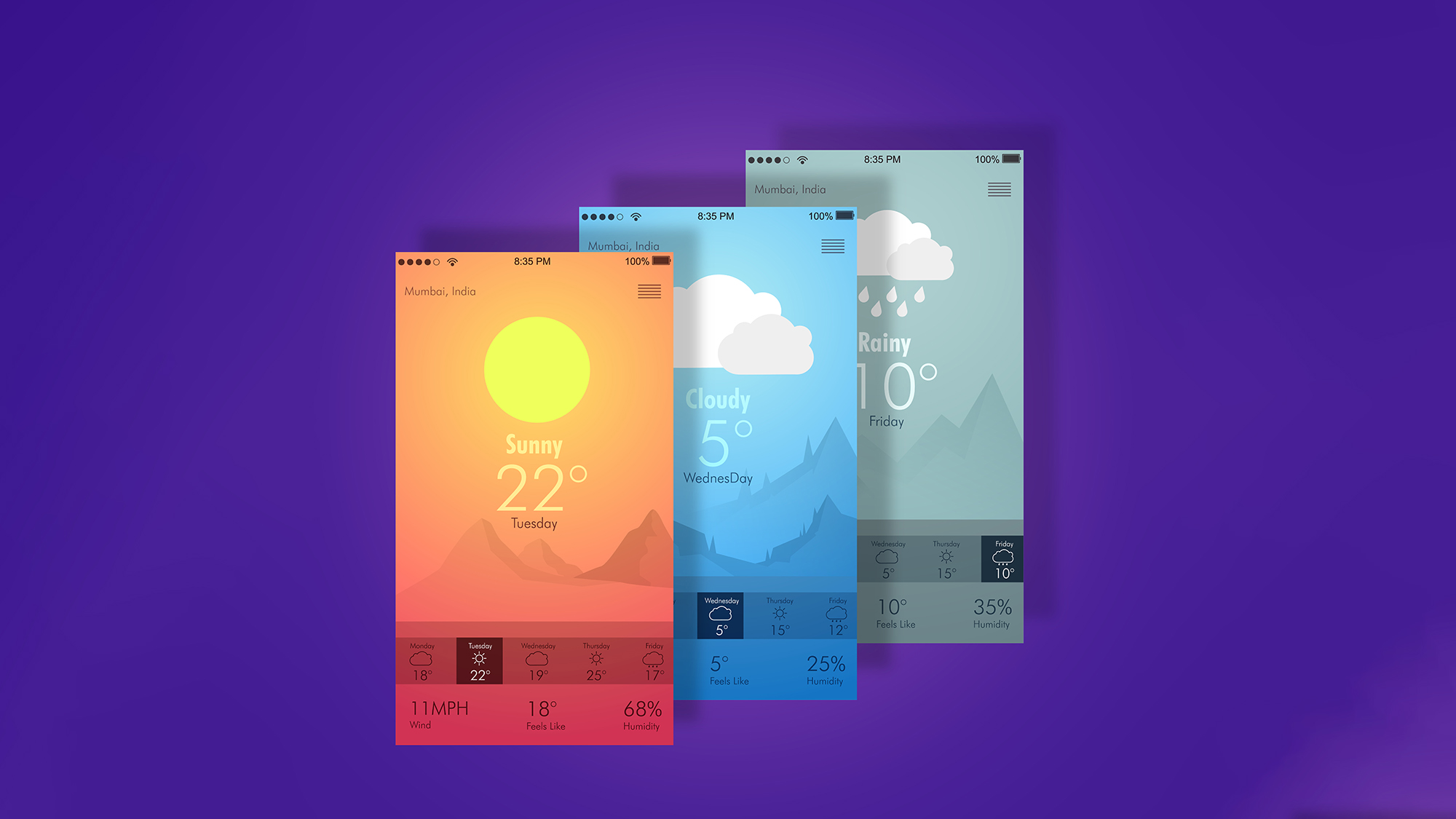 How to code a weather app in React
How to code a weather app in ReactTutorials Ace your next technical interview with this versatile starter project
By Jessica Cregg
-
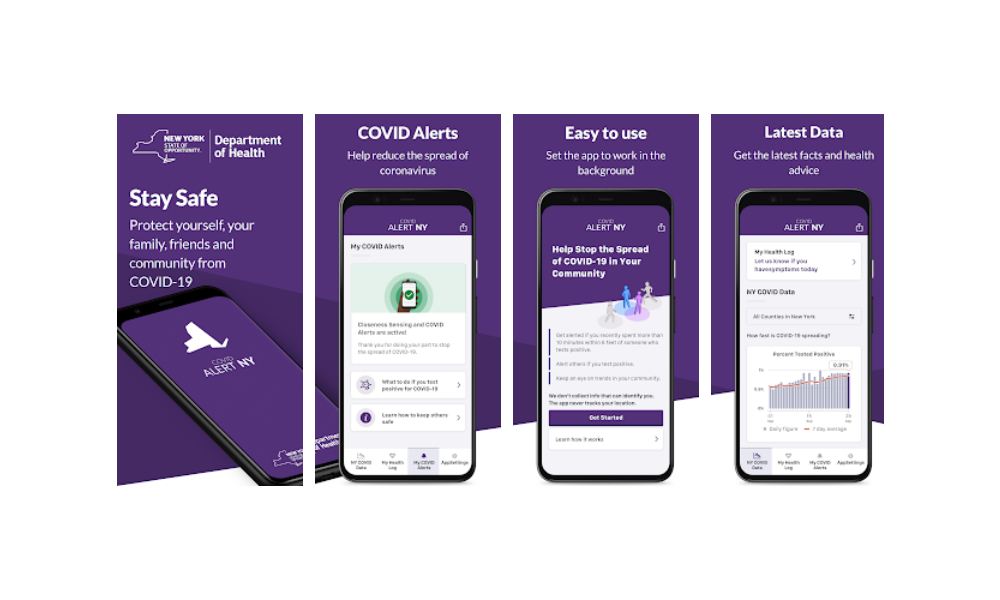 COVID-19 contact-tracing apps are finally spreading across the US
COVID-19 contact-tracing apps are finally spreading across the USNews COVID-19 contact-tracing apps now cover about 21% of the US population
By Praharsha Anand
-
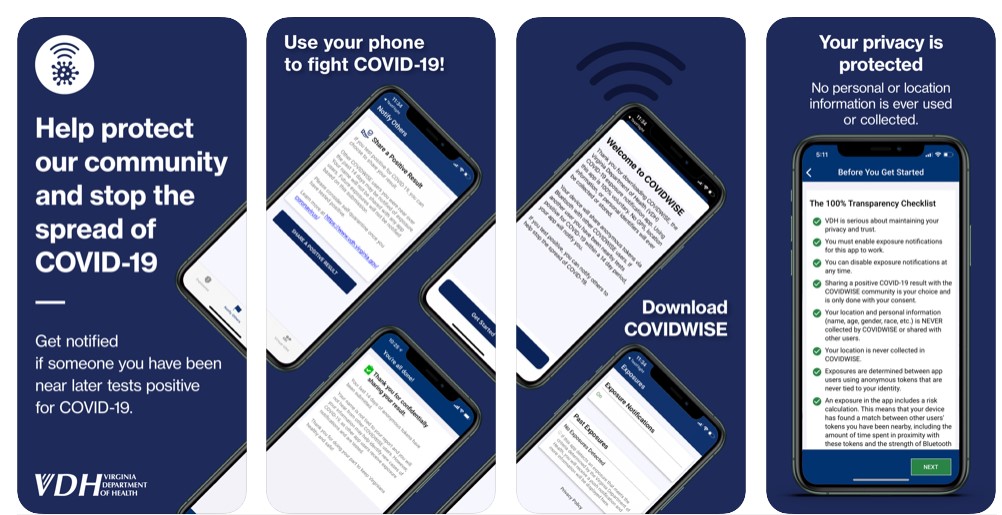 Virginia becomes first state to use Google and Apple’s contact-tracing API
Virginia becomes first state to use Google and Apple’s contact-tracing APINews Virginia may soon be followed by North Dakota, Alabama and South Carolina
By Justin Cupler
-
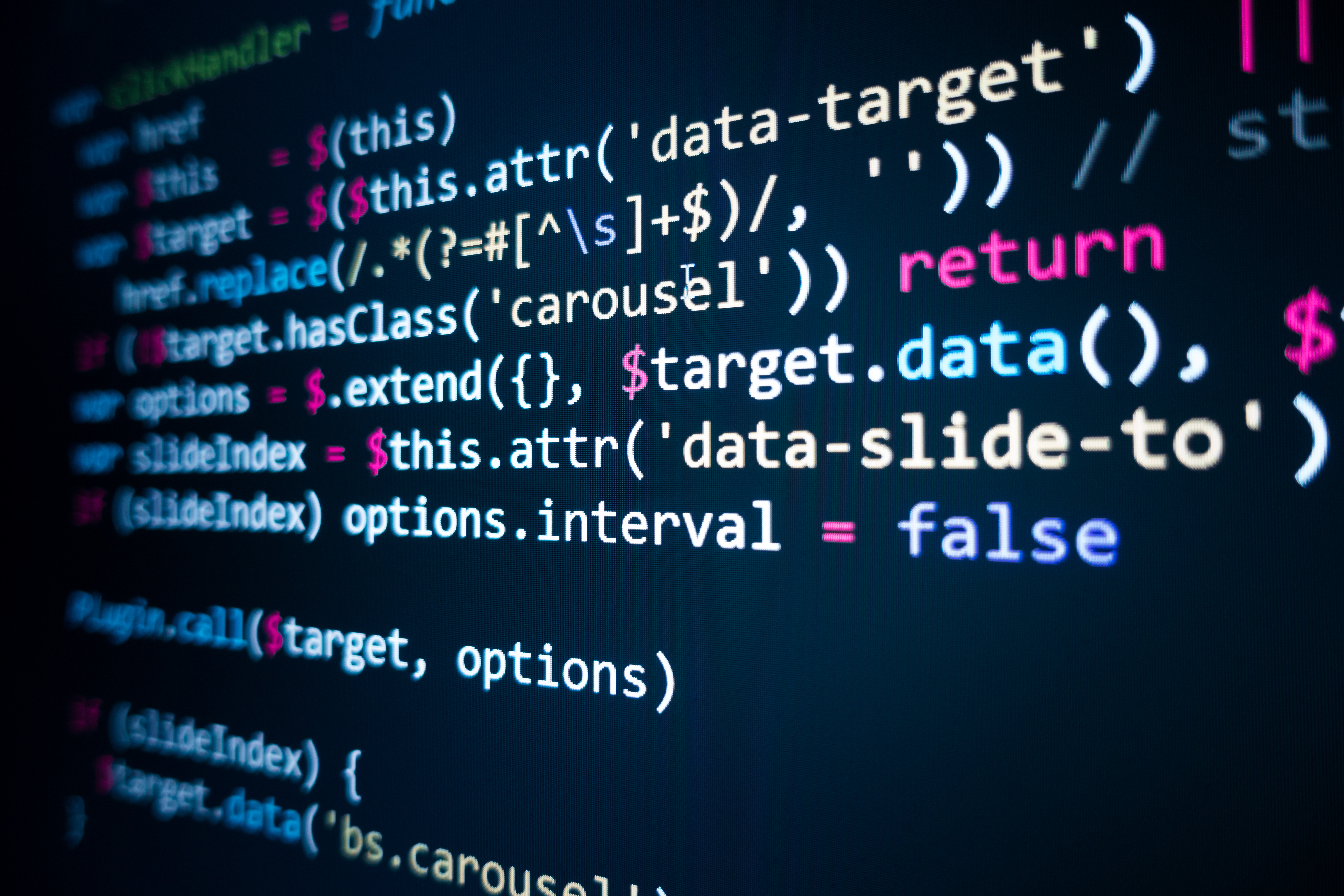 Apple is the latest to strip racist undertones from coding
Apple is the latest to strip racist undertones from codingNews Apple will no longer use terms like “master” and “slave” in its coding, products or APIs
By Justin Cupler